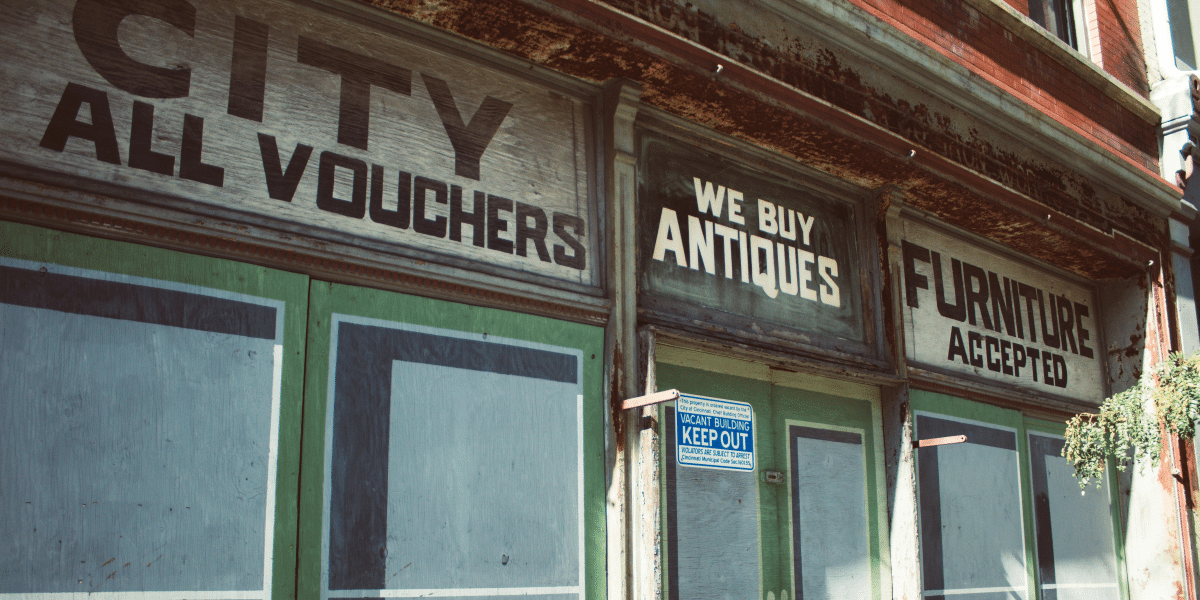Car shopping is a big decision. Yet many people choose a car by appearance or a salesman’s recommendation, a regret you could avoid by knowing your needs and doing your vehicle research beforehand. With this knowledge, it’s less likely that you’ll freeze or agree to an impractical car or high price. You can even negotiate for a fairer price when you have the following information.
Your Needs
The vehicle you purchase should meet your practical needs. So a sports car is likely a bad choice if you have a family. It lacks room for passengers and cargo, and you’ll break your back when dealing with car seats in the back seat. On the other hand, singletons might be just fine with a smaller vehicle.
Many people also convince themselves they need a pickup when a more fuel-efficient sedan and occasionally renting a trailer would be a better fit. Be realistic about your needs to avoid an expensive regret later on. If you often navigate street parking, tight spaces, or winter weather, your purchase should reflect your needs unless you’re okay with a vehicle that only sometimes serves you.
Cost
The cost is far more than the sticker price. Be sure to calculate the final cost based on your monthly payment, which includes fees. The car’s price often seems fine, but sellers can gouge you with extra costs. Make sure the monthly payment and final cost both fit your budget.
A vehicle’s cost also includes insurance, and certain models and even car colors may come with higher insurance premiums. Get some quotes during the shopping process to see what fits into the budget. Finally, the mileage may mean you spend more or less on fuel (or electricity), although low mileage may compare to higher monthly payments or insurance costs.
Maintenance
Maintenance represents another cost, and models with known issues or poor build quality might often need repairs. However, another consideration is whether you can have the car repaired locally and quickly. Some luxury vehicles, for example, only have a few certified mechanics, so you may have to travel, face a long wait list for repairs, or deal with parts that are costly or require special orders.
It may be more practical to look for vehicles with a better reputation and that can be repaired locally. If you already have a trusted mechanic, askfor their advice about reliable vehicles. Consider asking local shops about availability and comfortably working with the models you’re considering before buying.
Resale Value
While this might not apply to everyone, resale value can be an important consideration if you prefer to upgrade periodically. Used car prices currently favor the seller, but that might not always be the case. Don’t assume that you can vend a luxury vehicle for a premium price after a few years without doing your vehicle research. Reliable cars usually have better resale value than those with quality issues, and certain workhorse trucks and practical SUVs always make lists about resale value.
Published by: Nelly Chavez












